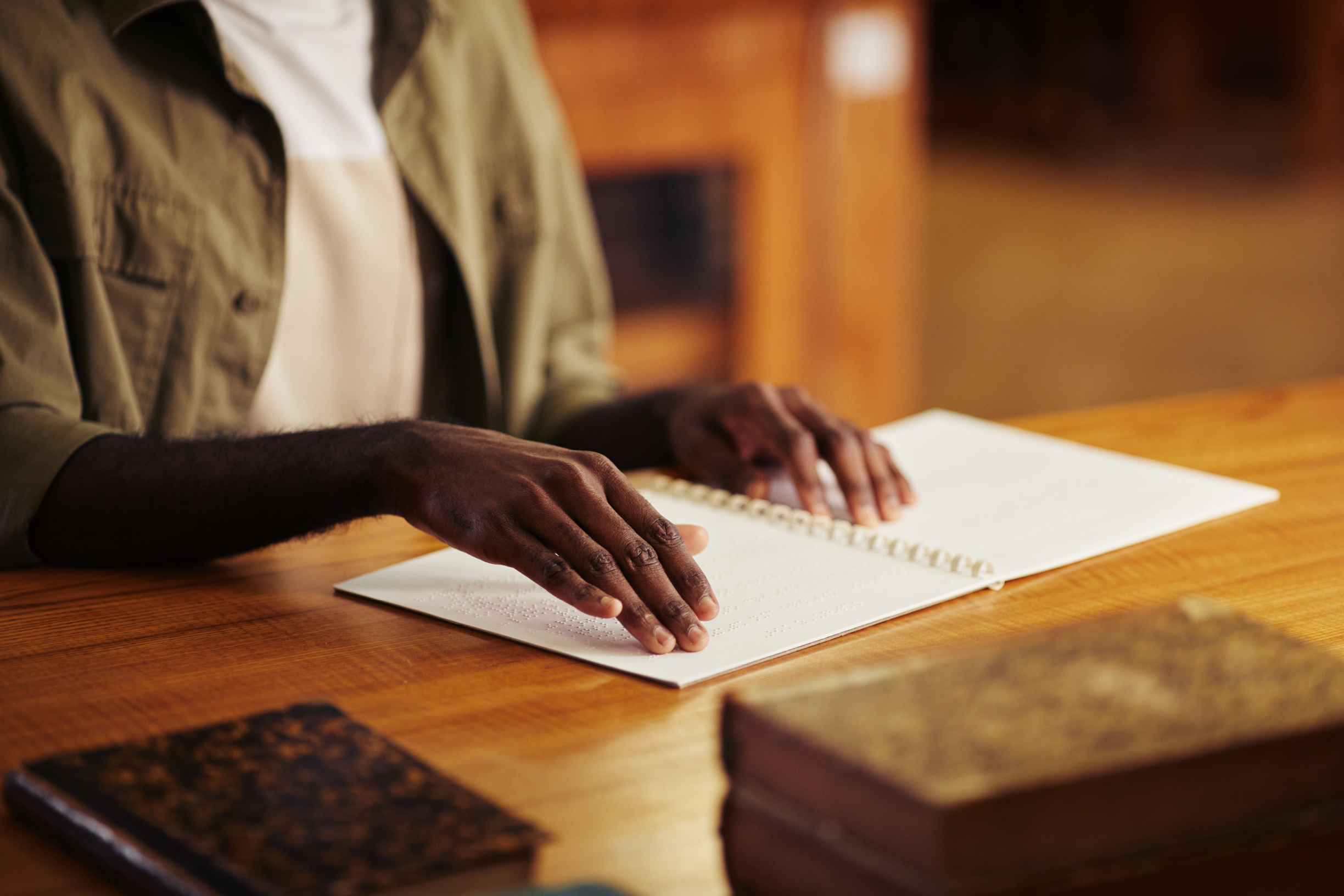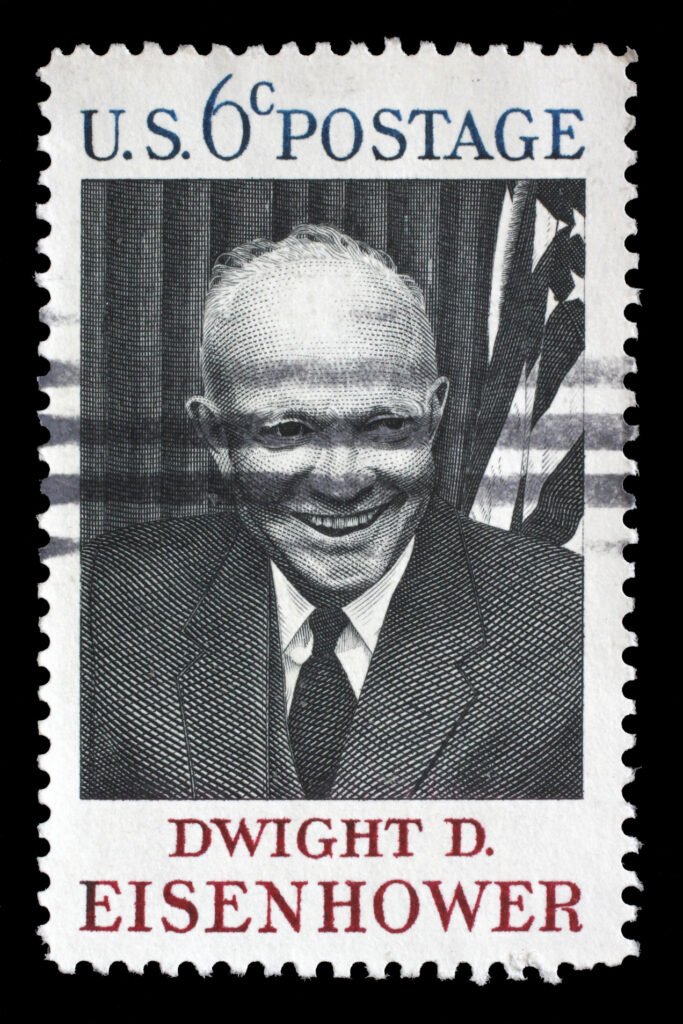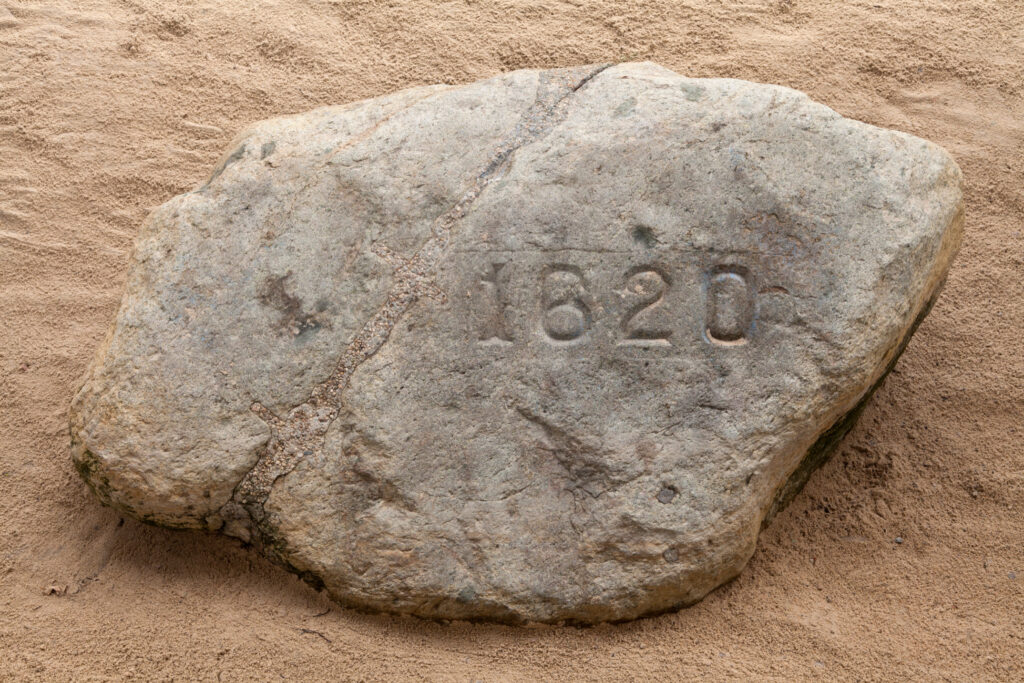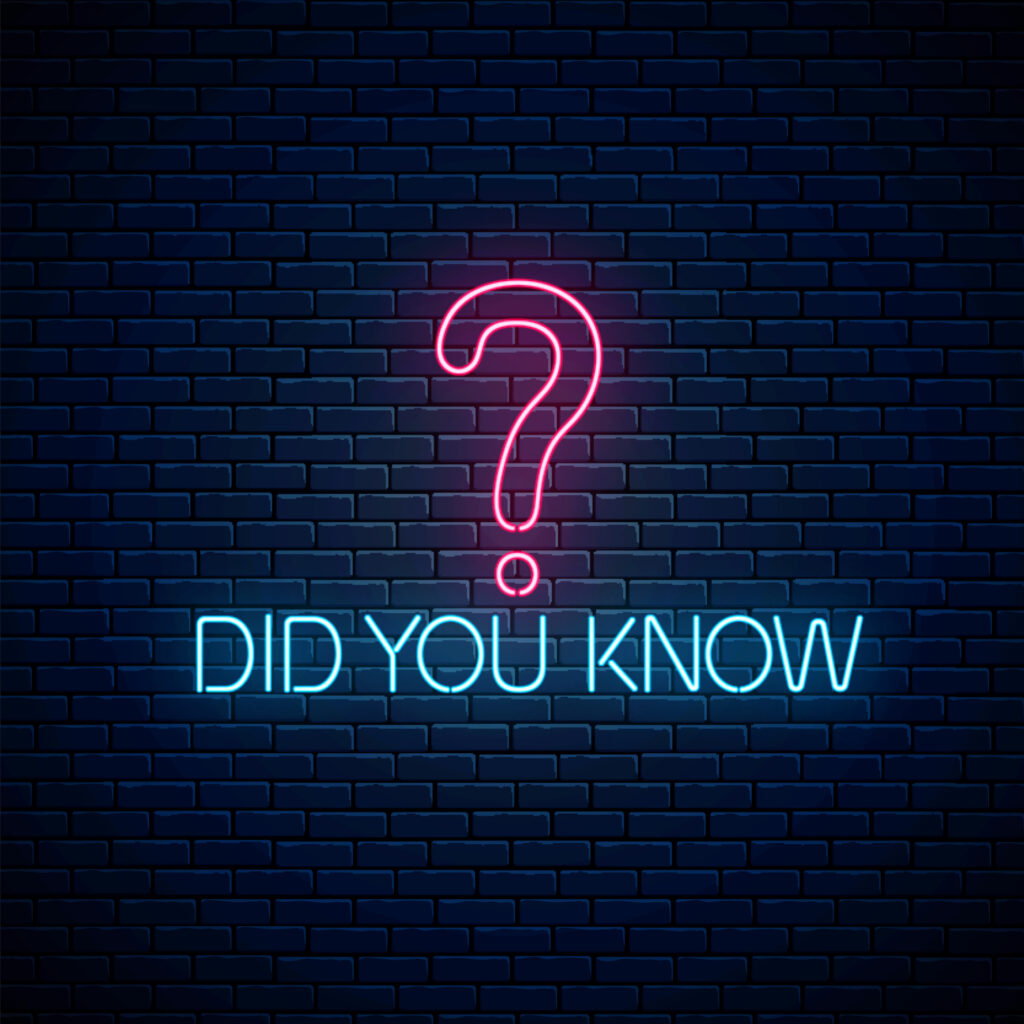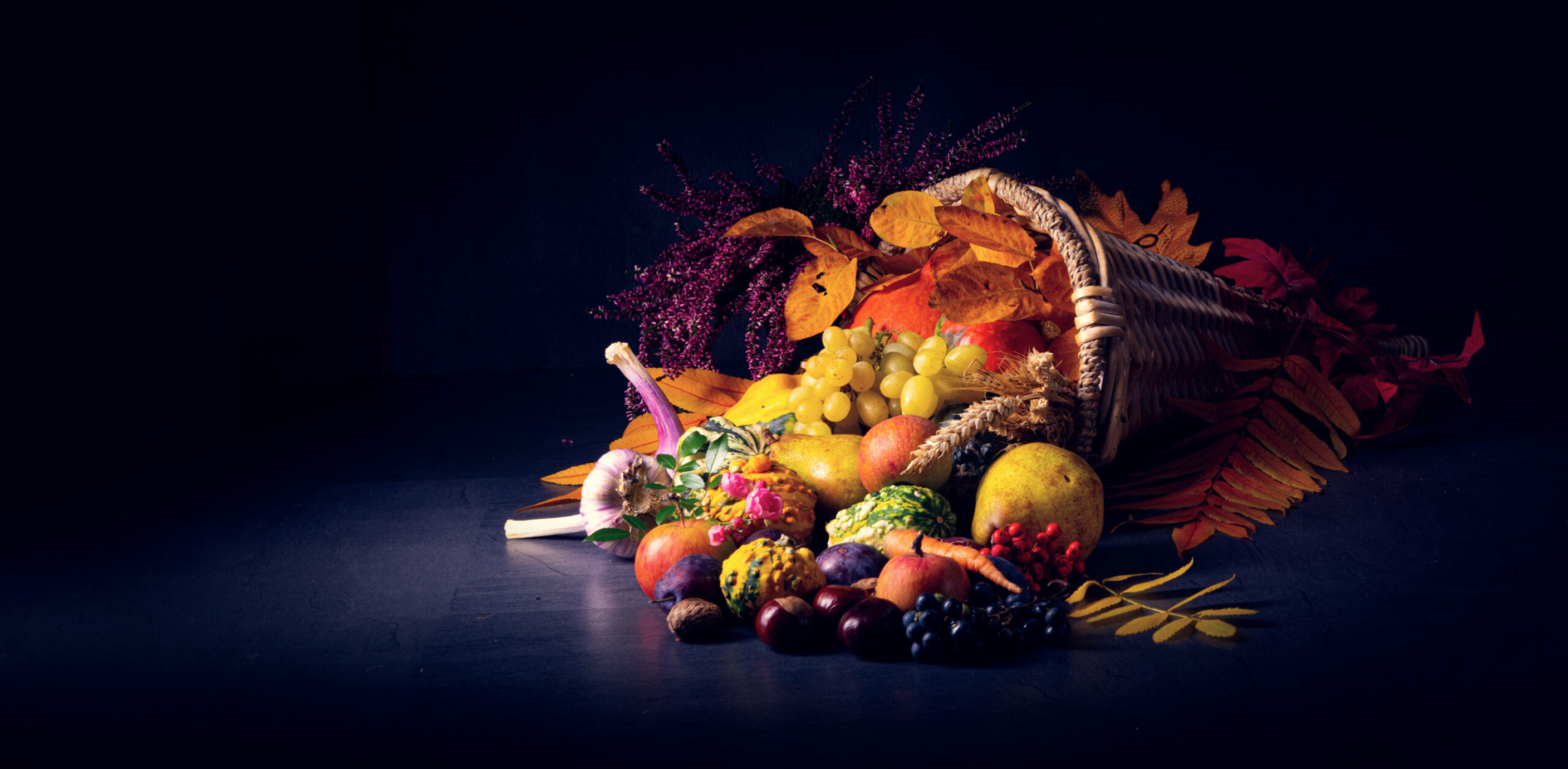
A Voice From the Plymouth Colony
Edward Winslow, born in 1595 in England, was one of the Pilgrim leaders who crossed the Atlantic aboard the Mayflower in 1620. Settling at Plymouth, he became a diplomat, writer, and one of the colony’s most active public servants.
But today, Winslow is remembered for something singular: writing the only surviving eyewitness account of the 1621 harvest celebration shared between the English settlers and the Wampanoag people.
The 1621 Letter
In 1622, Winslow contributed to a publication titled Mourt’s Relation, a detailed report on the first year of the Plymouth Colony. In it, he penned a paragraph describing a three-day celebration that took place after the colony’s first successful harvest.
His description is short—just over 100 words—but incredibly important. From it, historians learn key details:
• The event lasted three days
• Massasoit arrived with 90 Wampanoag men
• The Wampanoag contributed five deer
• The celebration involved feasting, recreation, and diplomacy
Winslow’s matter-of-fact tone offers rare clarity in an era with few written records.
What the Feast Actually Was—and Wasn’t
Modern historians emphasize that the 1621 event was not called “Thanksgiving” by the participants. In fact, it resembled a harvest celebration, common in both English and Indigenous traditions.
Winslow’s account helps correct common misconceptions, providing a factual backbone for understanding what truly occurred.
A Diplomat Between Worlds
Winslow’s role extended far beyond writing. He was a liaison between Plymouth and Indigenous leaders, particularly Massasoit Ousamequin, the Wampanoag sachem whose diplomacy helped maintain peace for decades.
Winslow later recorded the critical moment in 1623 when he helped care for Massasoit during a serious illness—an act that strengthened trust between the two communities.
A Public Servant and Advocate
Winslow also represented Plymouth Colony in England multiple times. He met with King Charles I, negotiated trade matters, and advocated for the colony’s legal rights.
His careful documentation and political skill made him one of Plymouth’s most influential figures.
Why His Account Matters Today
Much of what Americans know about the 1621 harvest event comes from Winslow’s few sentences. Without his writing:
• There would be no direct evidence of Wampanoag participation
• No record of venison or the size of the gathering
• No confirmation of the event’s diplomatic significance
• No clear timeline of the feast
His words preserve the nuance, scale, and shared nature of the gathering—helping modern historians accurately portray its context.
Winslow’s Later Life
Winslow remained an important figure until his death in 1655 while serving the English government in the Caribbean. Yet his quietest contribution—documenting a moment of cooperation—became his most enduring.
RECENT
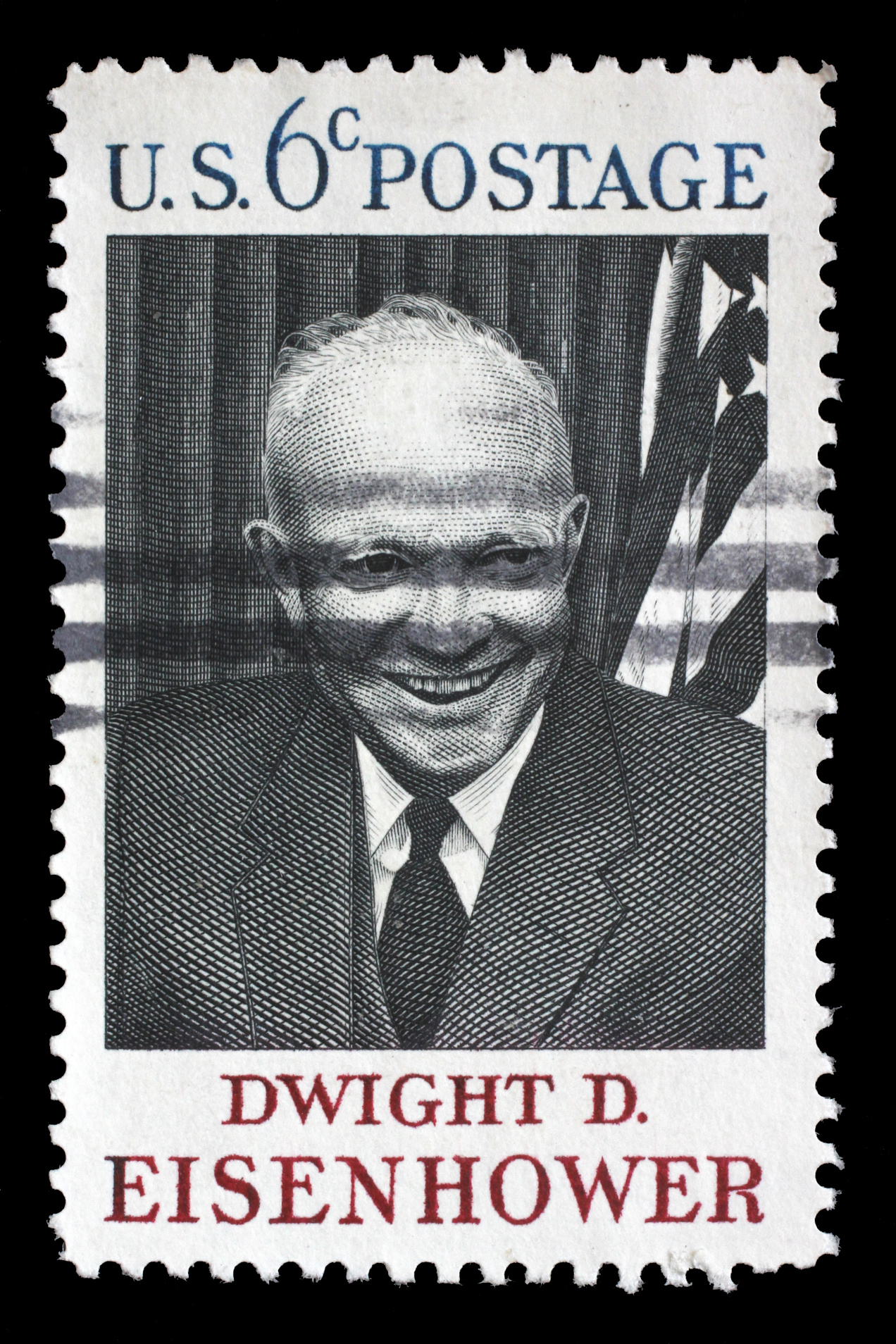


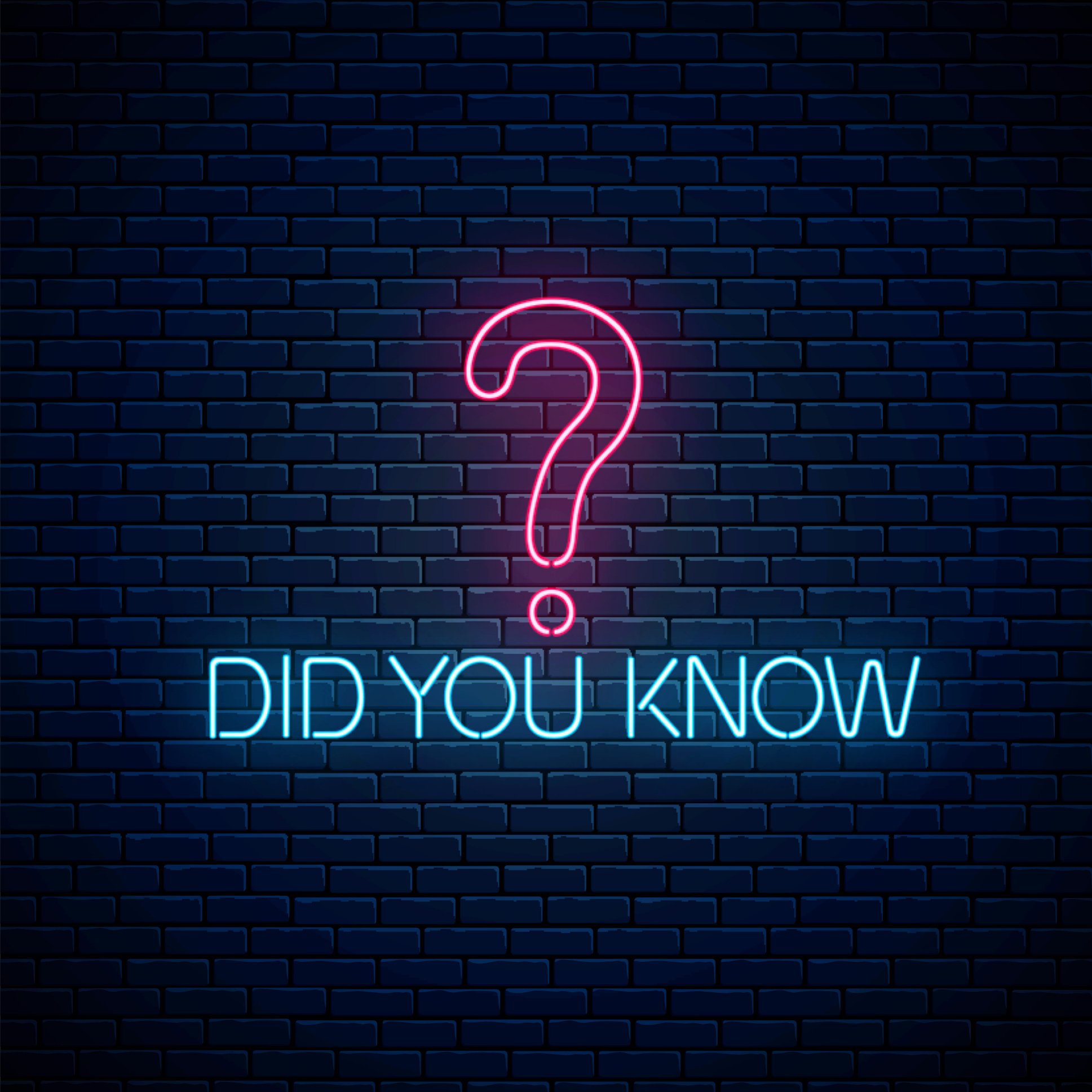
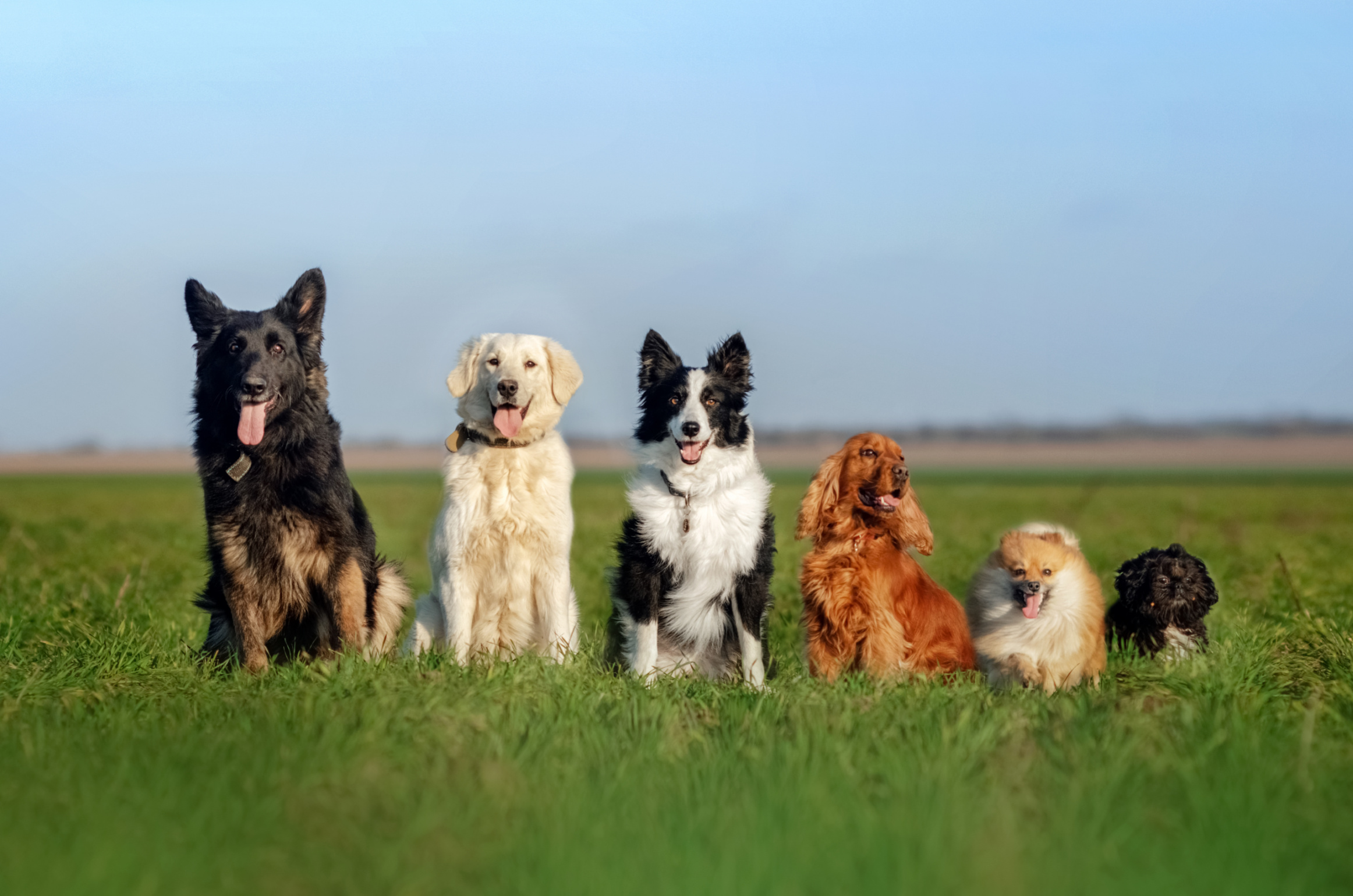

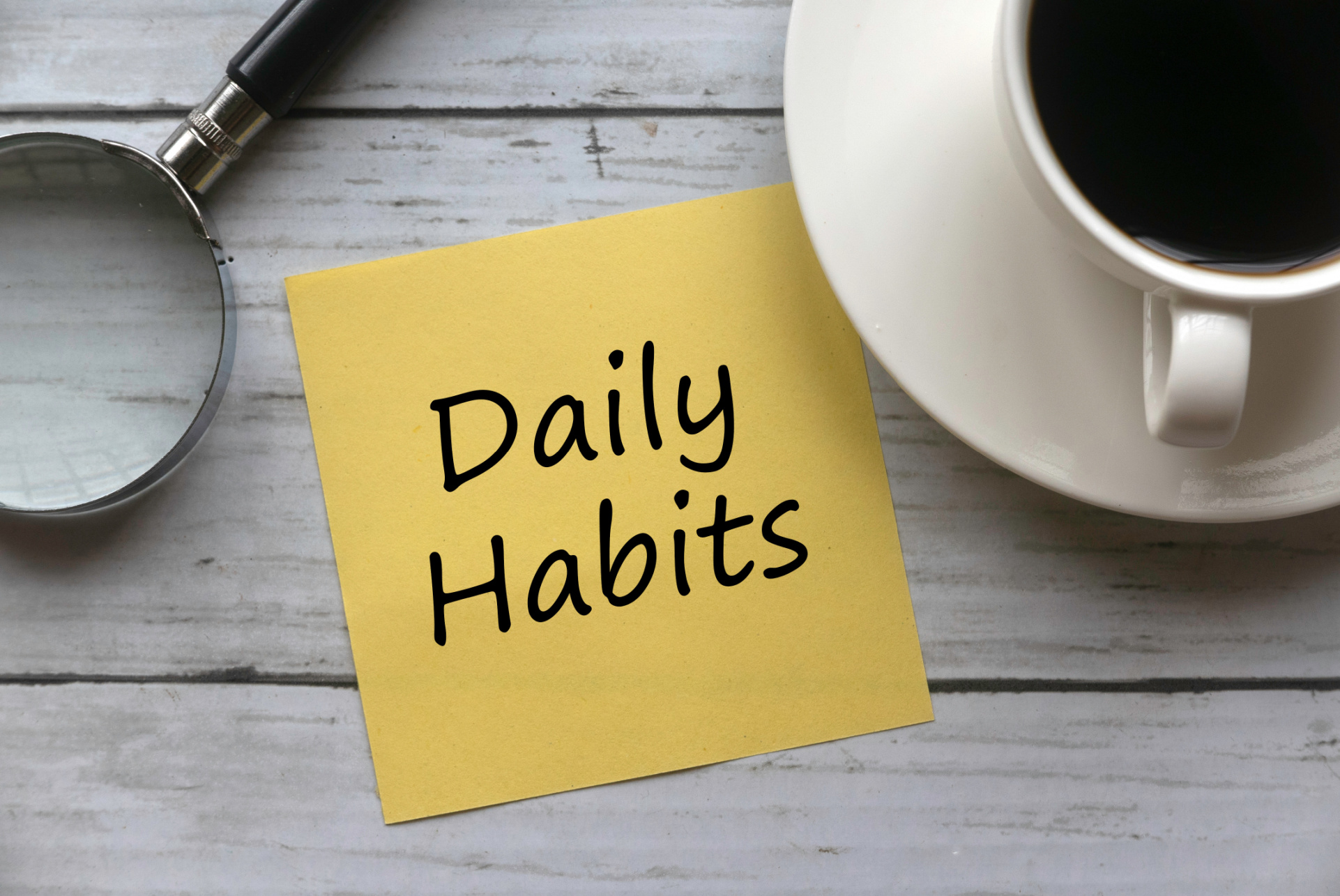
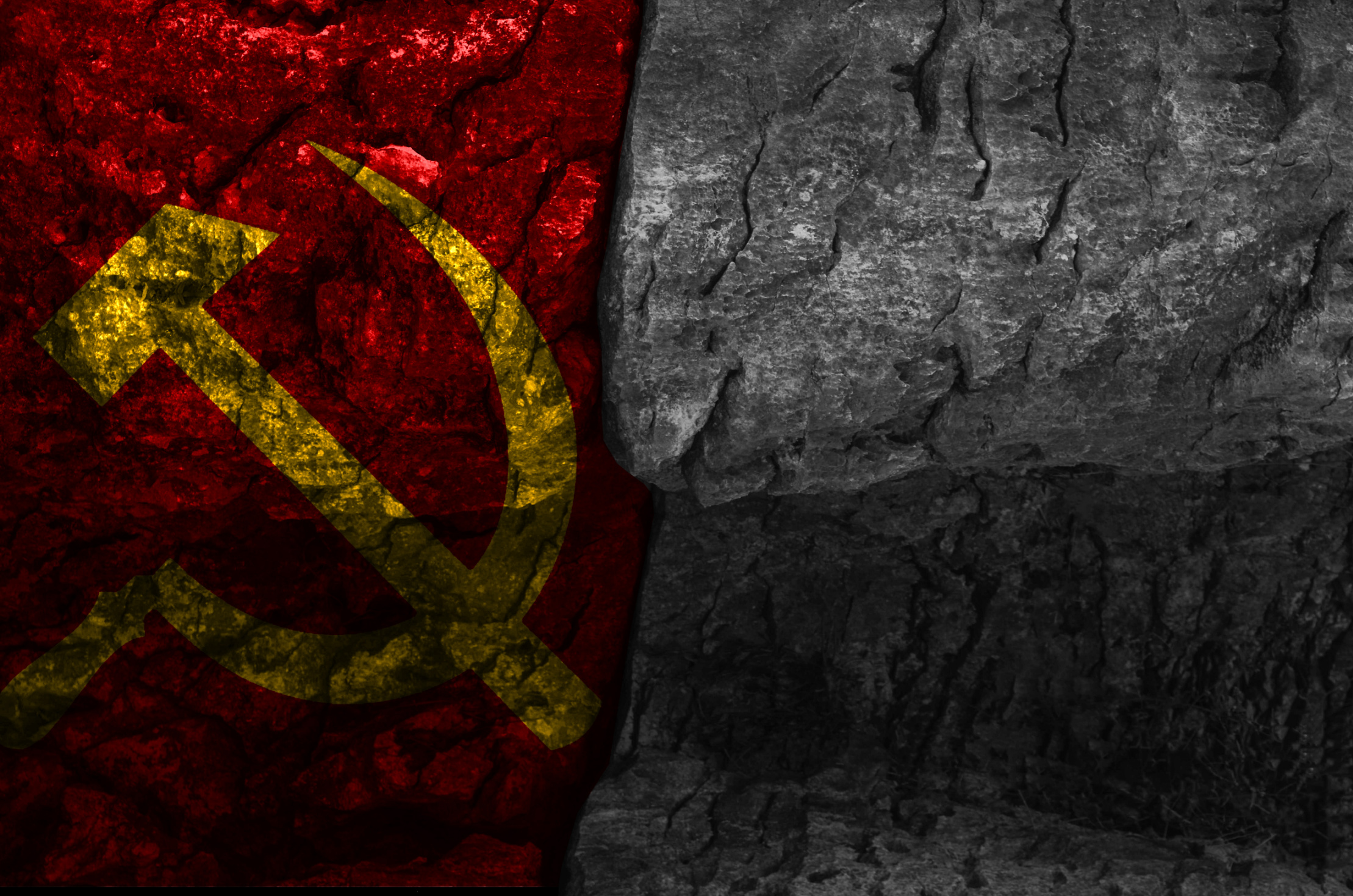


BE THE FIRST TO KNOW
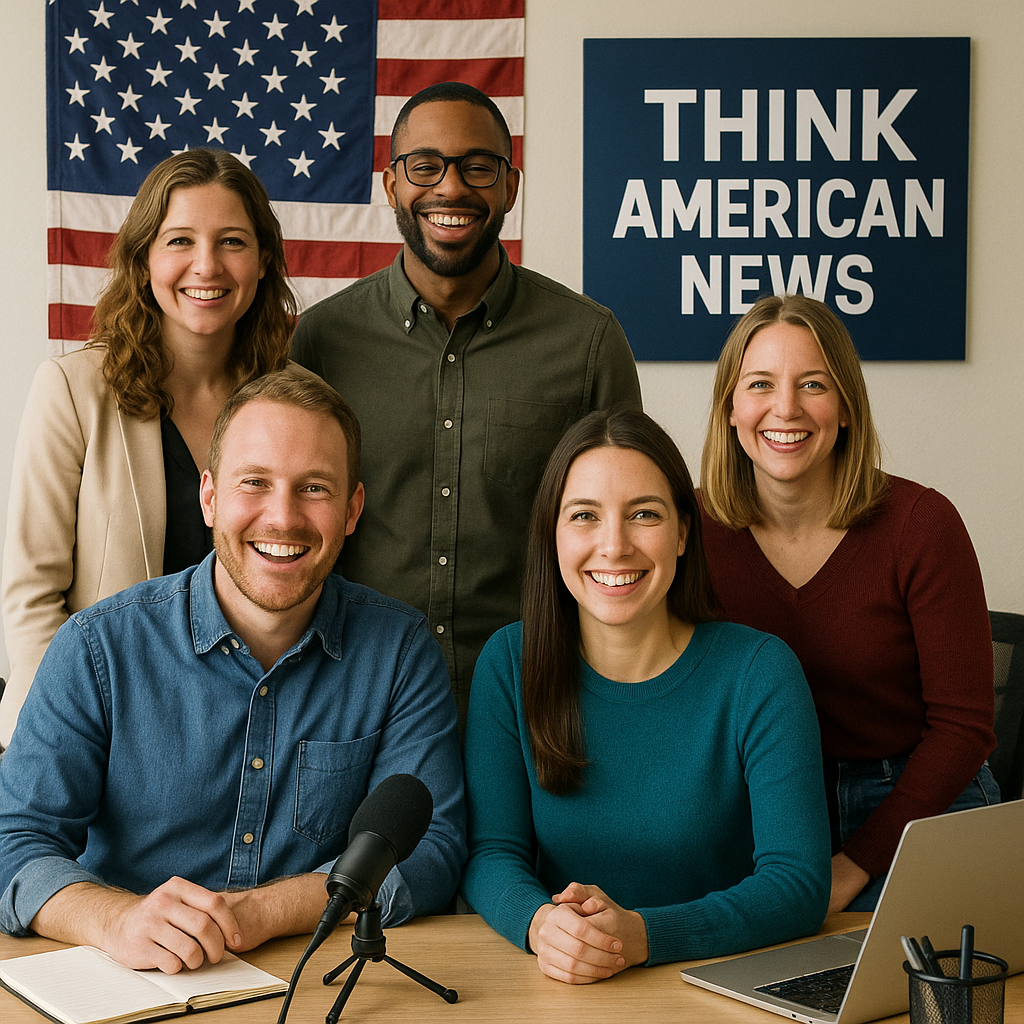
More Content By
Think American News Staff







